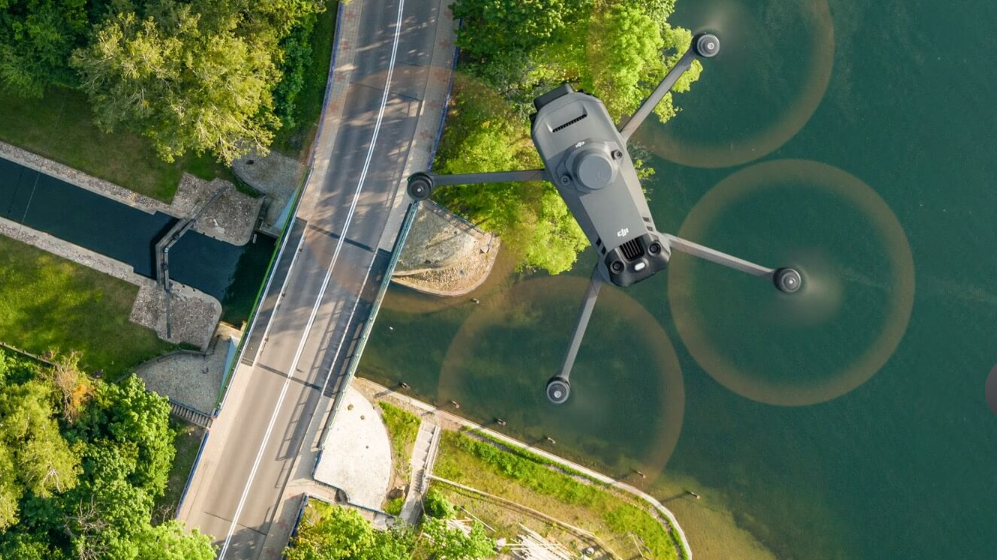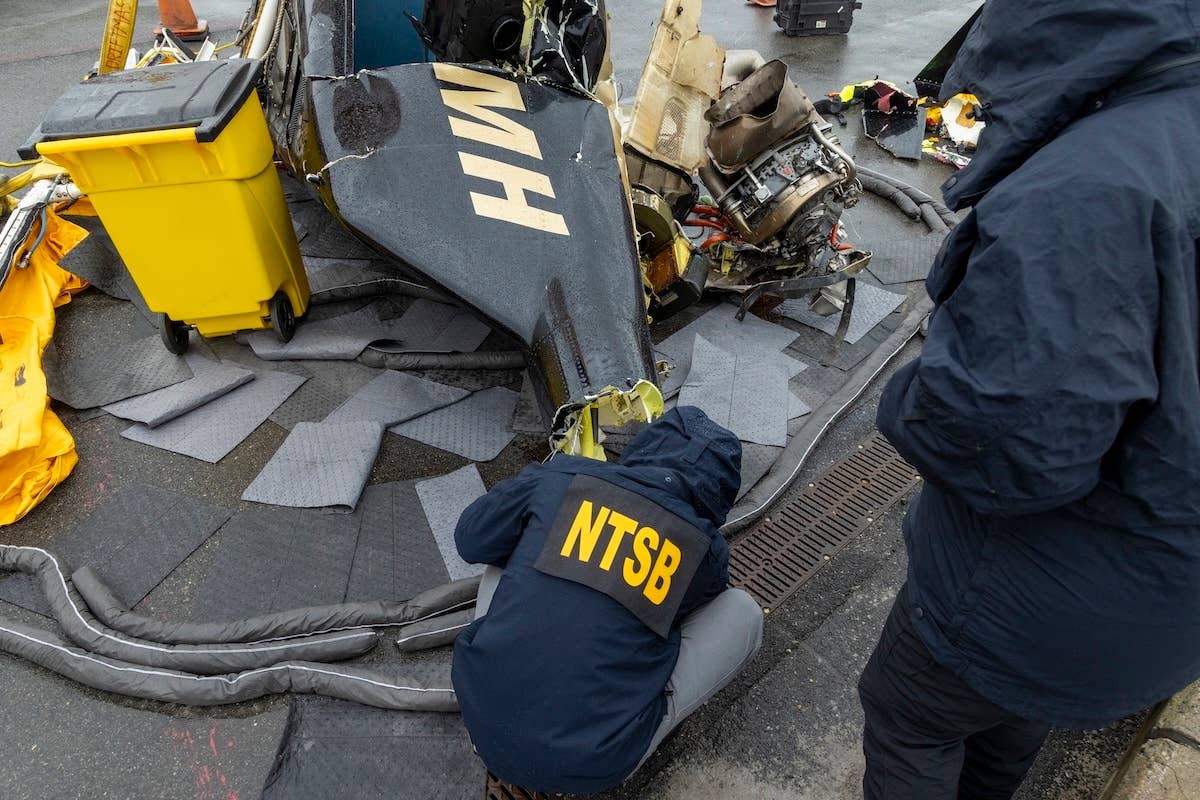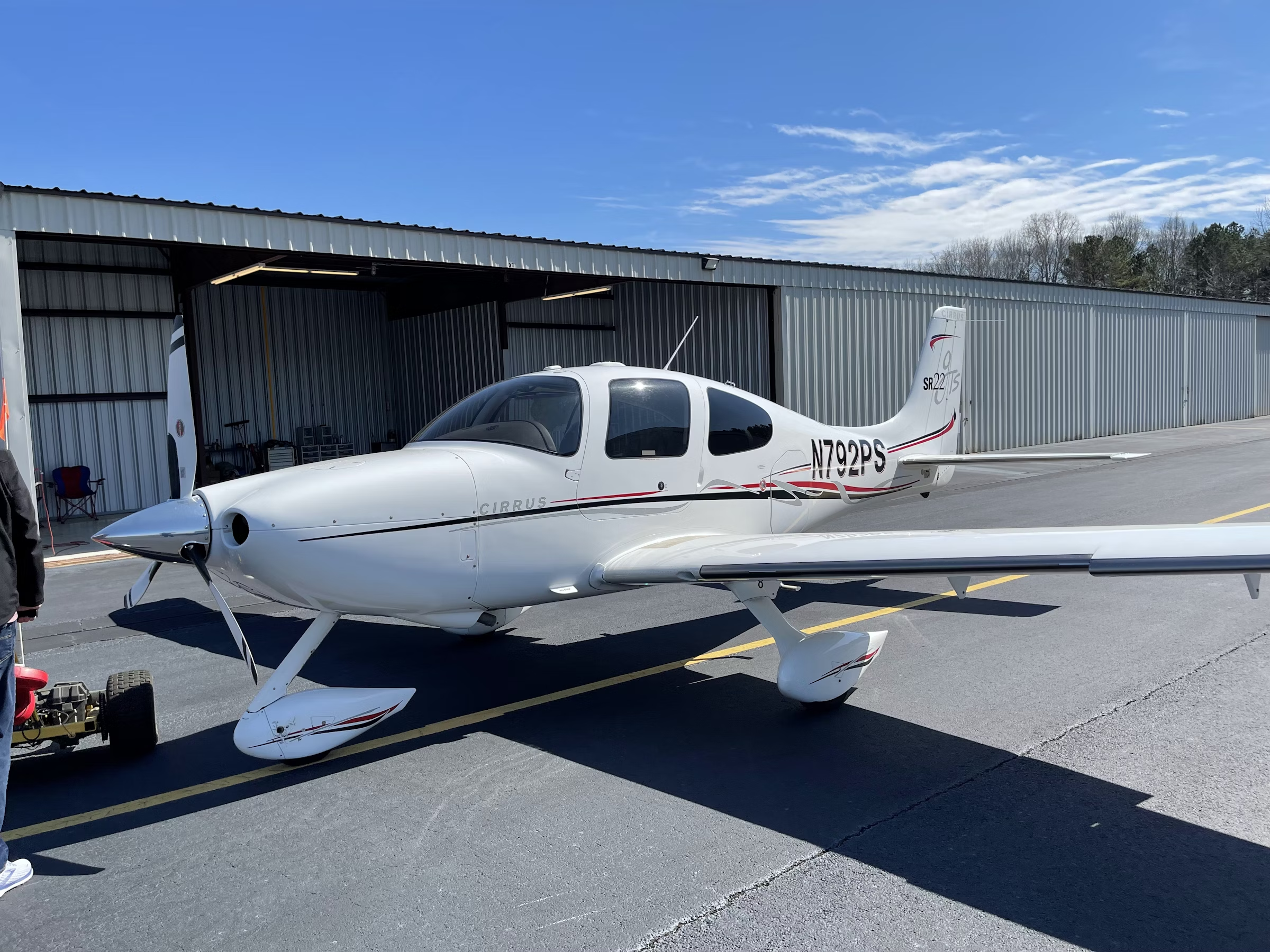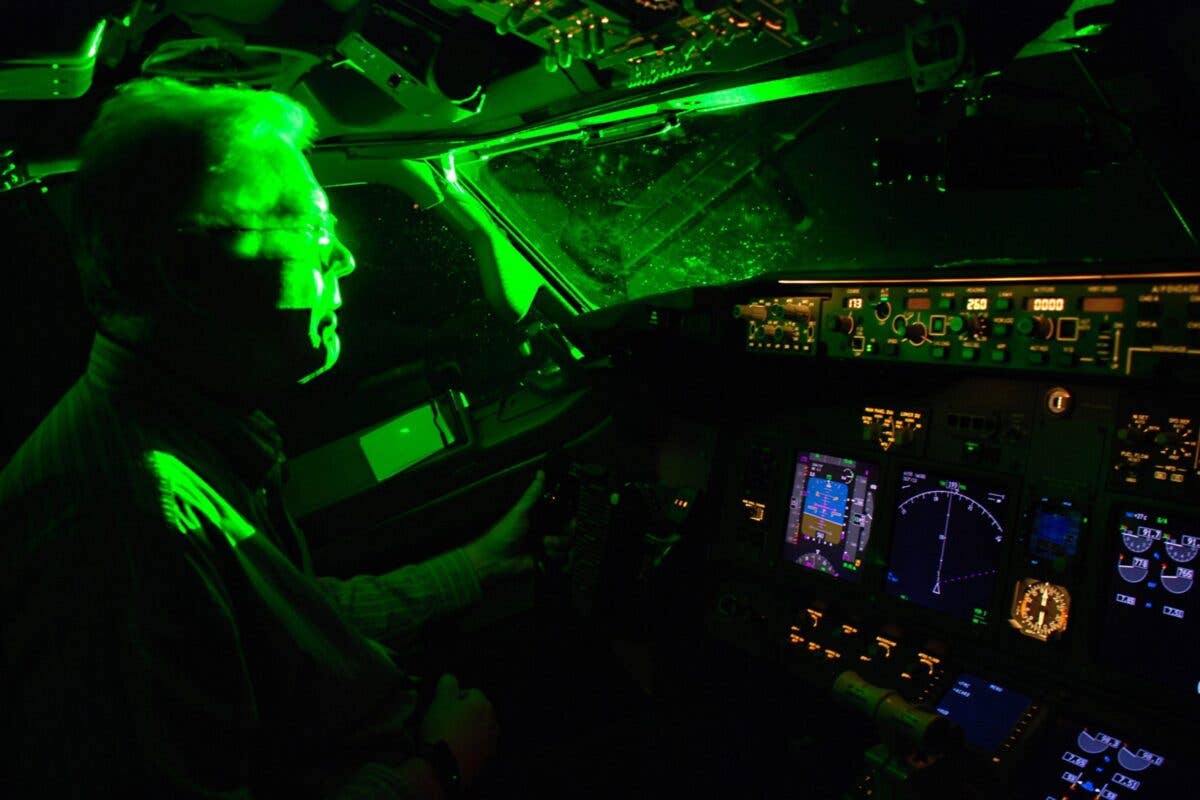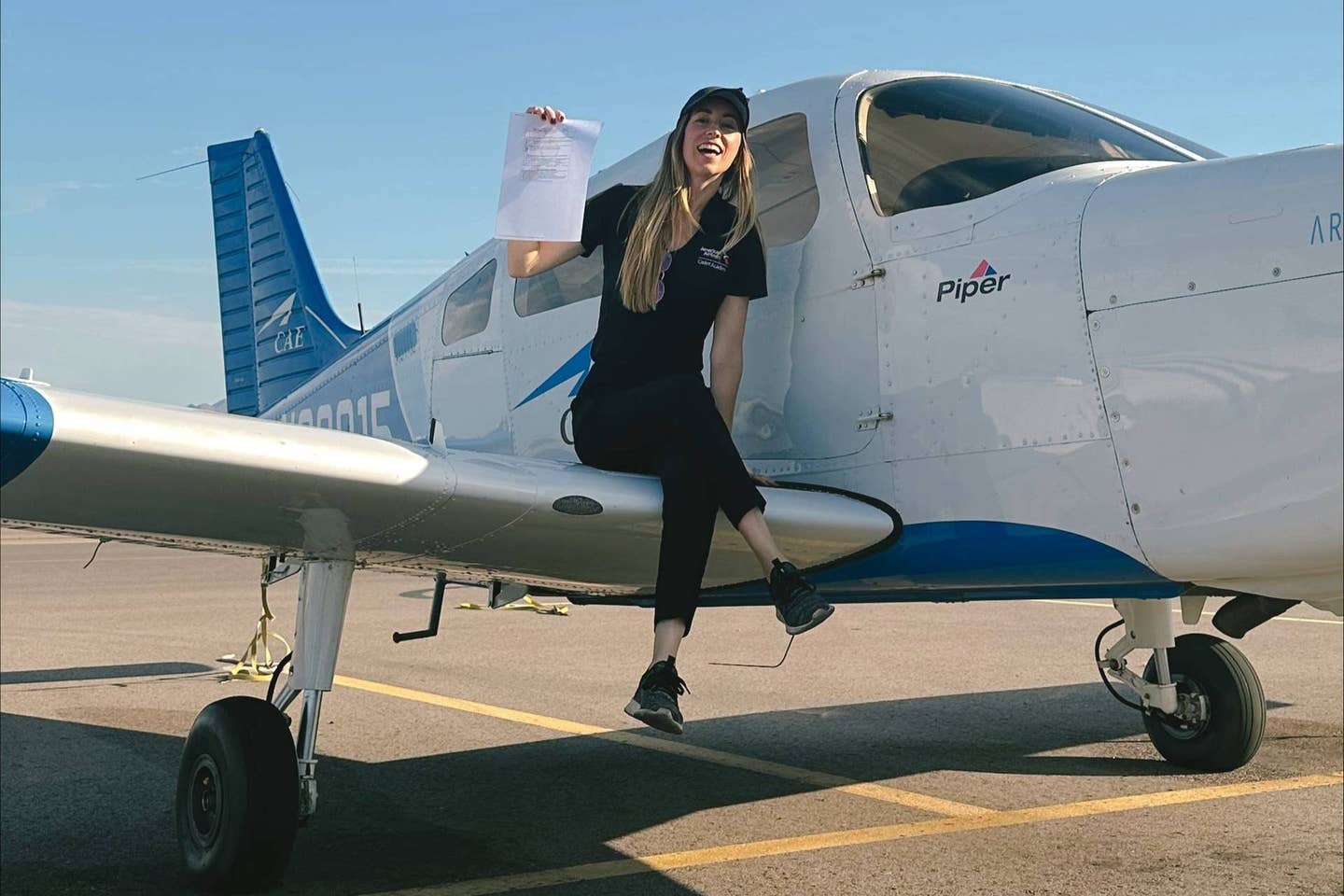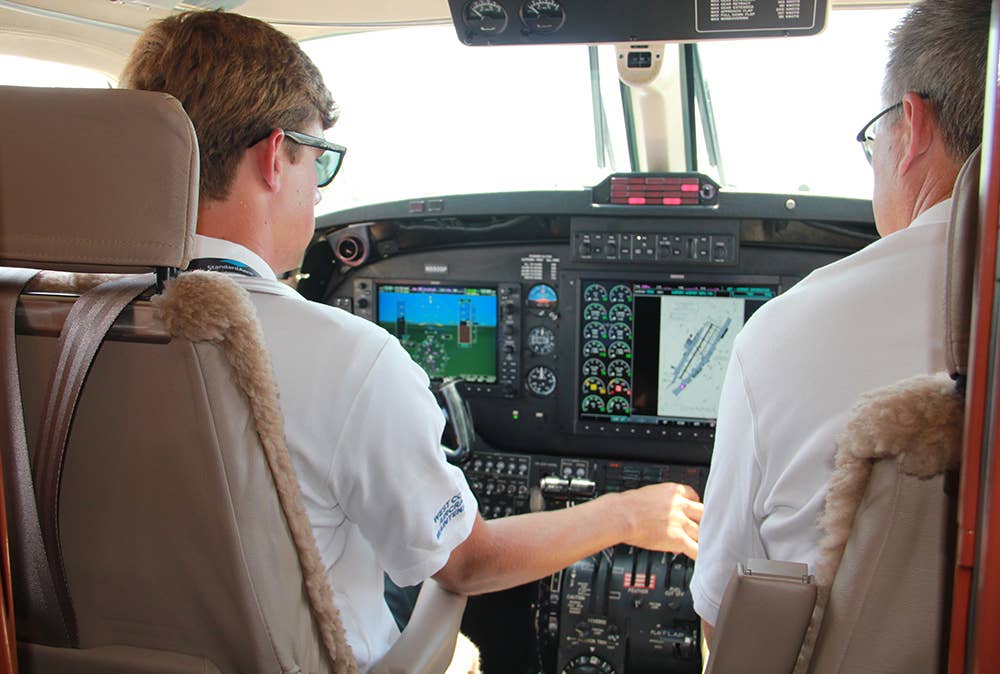DJI Responds to Accusations of Skirting U.S. Bans With Drone Clones
The Chinese manufacturer has been linked to other companies that appear to be selling identical products.
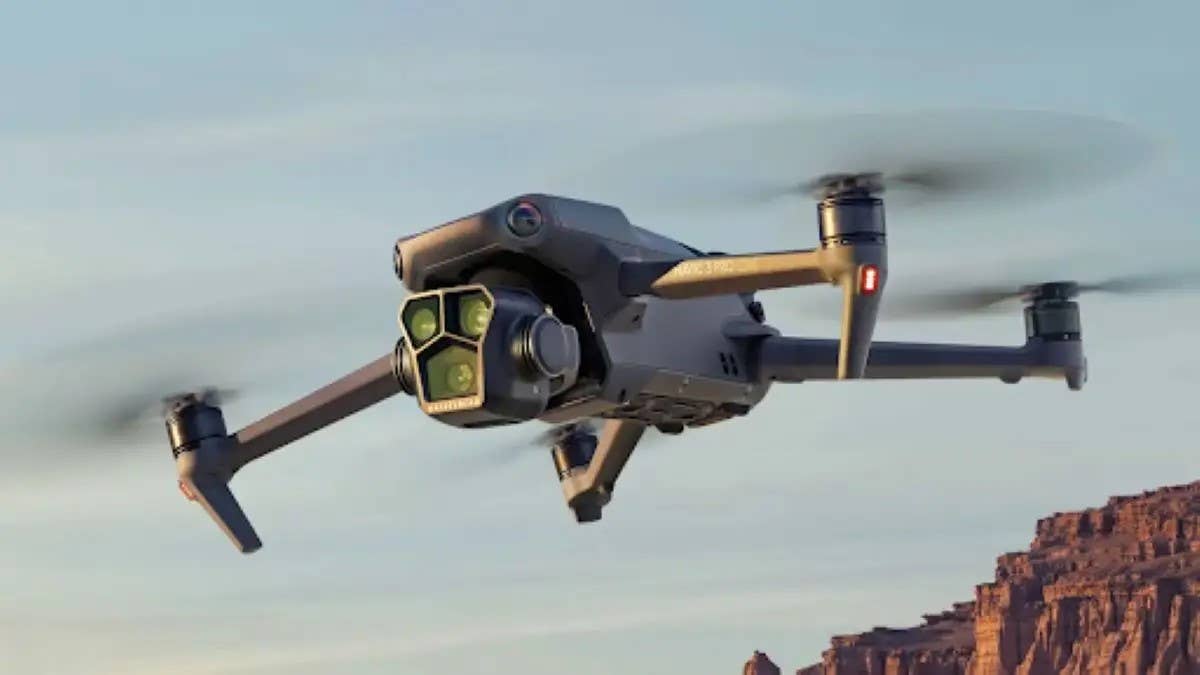
DJI’s Mavic 3 is one of the most popular camera drones in the world and has a sizable user base in the U.S. [Courtesy: DJI]
China’s DJI, the world’s largest manufacturer and seller of consumer drones, is firing back against accusations that it is selling “clones” of its products through separate companies in order to skirt U.S. federal bans.
The firm on Thursday published a blog post characterizing U.S. representatives’ portrayal of its relationship with Anzu, a Texas-based company selling drones that are eerily similar to DJI’s Mavic 3, as inaccurate. At the center of the controversy is a unique licensing agreement that the companies say gives Anzu access to DJI’s hardware and software—considered some of the best in the industry—essentially for free. Lawmakers believe the arrangement is fishy.
U.S. Representatives John Moolenaar (R-Mich.) and Raja Krishnamoorthi (D-Ill.), both members of the House Select Committee on the Strategic Competition Between the U.S. and the Chinese Communist Party (CCP), wrote letters to Secretary of Commerce Gina Raimondo and Randall Warnas, the CEO and founder of Anzu. Warnas previously spent two years at DJI and was briefly the CEO of rival manufacturer Autel. He founded Anzu in April.
The lawmakers cite independent research from various sources, including a drone review YouTube channel and software engineer, that appears to show similarities between Anzu’s Raptor T and DJI’s Mavic 3. Propellers and batteries, for example, were discovered to be near-identical and interchangeable between the two models.
The concern, according to the representatives, is that DJI is using Anzu to circumvent bans on its technology by the Defense Department, Treasury Department, Commerce Department, and Department of the Interior, as well as several states. A bill being deliberated by Congress, the Countering CCP Drones Act, could extend those bans to the consumer level by effectively preventing new sales of Chinese-manufactured drones.
Lawmakers have likened DJI to TikTok, the Chinese social media platform that faces accusations of farming user data without consent and its own federal ban. The FBI and Department of Homeland Security have lent some credence to those fears, issuing a report in January that links DJI to the Chinese government. A 2022 Washington Post investigation revealed that the company had obscured ties to several state-backed investors.
DJI, however, denies that it receives any government funding or assistance. It claims that a collection of “state-owned banks, municipal investment funds, and capital management companies” own less than a 6 percent stake in the company, but there is no shady business.
“These enterprises are the same as any institutional investor that purchases stock in a private company, regardless of where that company is headquartered,” the company said Thursday. “The equivalent investment in the United States would be a state-backed pension fund investing in U.S. based technology companies.”
DJI also said allegations from U.S. federal agencies—which range from its role as a “Chinese military company” to aiding an ongoing genocide—are misguided. It has repeatedly emphasized that its drones are developed for peaceful purposes, with no state intervention. In April 2022, the company suspended all sales to Russia and Ukraine following reports that its drones were being used on the battlefield.
“DJI is not a military company,” the firm said. “We have no connection whatsoever with the military, and we see no reason to be named as a Chinese military company by the DOD. In fact, we remain one of few drone companies to clearly denounce and actively discourage the use of our drones in combat.”
As for its relationship with Anzu, DJI characterized it as business as usual. Under the companies’ agreement, Anzu is licensed to modify and manufacture DJI hardware and software to produce its Raptor drones. The aircraft are manufactured in Malaysia, which conveniently is not among the countries facing U.S. restrictions on drone technology. The agreement includes no royalties, shared ownership, or reporting on customer data, Anzu claims.
“This is a standard—and legal—arrangement, commonly practiced by companies across various industries,” DJI said. “One of the earliest examples of this approach dates back to 2018 when DJI and Skycatch partnered to deliver custom drones for a customer.”
Lawmakers are suspicious, though, because of Warnas’ comments to the New York Times that DJI “receives a payment for every drone that Anzu orders from its manufacturer in Malaysia.” They also interpret his comments in another interview as an admission that Anzu was formed specifically to get around U.S. restrictions. Warnas told the Times the arrangement was “essentially DJI’s idea” but separately has denied any knowledge of DJI’s agreement with its manufacturer in Malaysia.
The representatives further point out that Anzu and DJI did not disclose their relationship in Federal Communications Commission filings, only admitting the link after observers found similarities in their products. According to DJI, a plethora of businesses, including American firms, leverage its Software Development Kit (SDK) to develop their drones.
“This is why the software used on Anzu’s drones shares some similarities with DJI’s flight apps—it was built using this SDK,” the company said. “However, it is important to note that Anzu is responsible for overseeing its updates and data policies.”
Lawmakers would prefer to hear from Anzu itself. They asked that Warnas provide a detailed outline of the company’s relationship with DJI by the end of next week. In addition, the Anzu CEO will need to answer a barrage of questions pertaining to its factories in Malaysia, the sources of its components, and more.
Like this story? We think you'll also like the Future of FLYING newsletter sent every Thursday afternoon. Sign up now.

Sign-up for newsletters & special offers!
Get the latest FLYING stories & special offers delivered directly to your inbox

